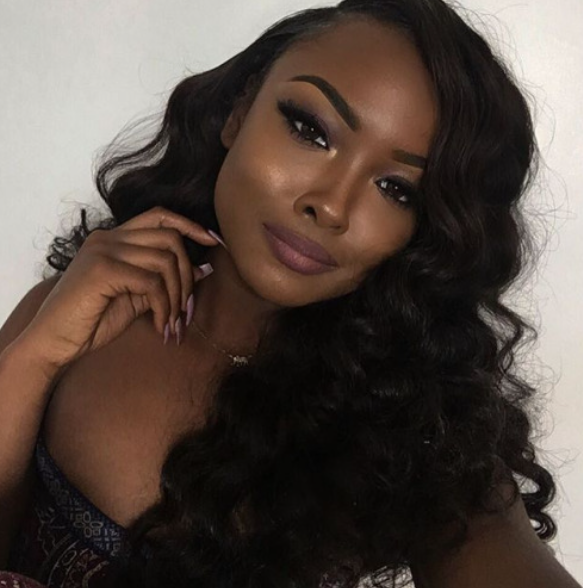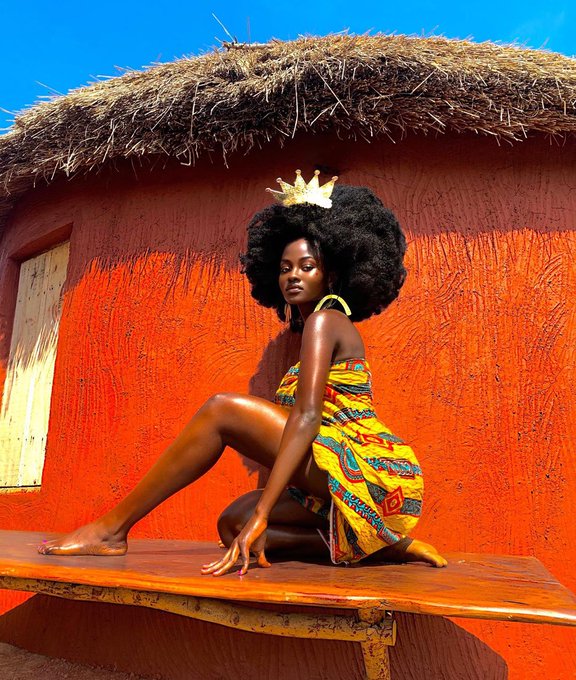I found out that my vitamin D levels were pretty low. My provider told me that the low vitamin D was probably the culprit of all the symptoms I had been dealing with, so she prescribed me some vitamin D supplements, told me to get outside more, and sent me on my way. But even after following my treatment plan, my symptoms later returned. It wasn't until recently that I learned my vitamin D deficiency could be connected to the fact that I am a Black woman.
As it turns out, people of color are more likely to have a vitamin D deficiency. If you, like me, have melanin-rich skin and are hearing this for the first time, welcome. Keep reading to find out why this deficiency affects people with darker skin, how vitamin D deficiency can make you feel, and what healthcare providers recommend you do to keep your vitamin D levels up.
Why do people of color have a harder time absorbing vitamin D?
Everyone has a certain amount of melanin in their skin. But people with darker skin tones have more melanin--a natural pigment that gives your skin and hair its color and protects them.
"Melanin is a natural pigment produced by specialized skin cells in the top layer of [your] skin called melanocytes. It has several functions, including absorbing UV radiation, providing skin, hair, and eye color, and neutralizing damaging free radicals in the skin
This means that although people with darker complexions can still get vitamin D from the sun, it will take a lot more exposure to sunlight than someone with a lighter skin tone. The National Health and Nutrition Examination Survey1 found that 75 percent of non-Hispanic Black adults who don't take vitamin D supplements have a vitamin D deficiency.
href="https://blogger.googleusercontent.com/img/a/AVvXsEjKKuc1S_AWjH1kIbQ1vs84JGG1Y8NrGYDgBBgPBigdwPAUXLT4ElqFg3OJoYZVzbJTpixR4lRhEp-WhSEi3LA9O1nE5At-Ol2pGjSmJJh7gLDDsJBpgTdEpp0Nbn0FafeeXNbReR_P-R60trq82RJzBqrX-A6IxSw5C1VyWtI22MXWsG863dQ07Xvz3Ps" style="clear: left; float: left; margin-bottom: 1em; margin-right: 1em;"> That's why many healthcare providers recommend taking vitamin D supplements, especially if you have more melanin in your skin.But what's going on biologically when darker skin tones process vitamin D? Essentially, it starts the same way for every skin tone: "Vitamin D synthesis begins when UVB rays penetrate the skin and convert 7-dehydrocholesterol to pre-vitamin D3. This process is the same in all individuals, but the amount of UVB that reaches the deeper layers of skin is reduced in people with more melanin, resulting in less efficient vitamin D production," says Neha Chandan, MD, MPH, dermatologist and skincare advisor for skincare brand Vice & Virtue.
That's why many healthcare providers recommend taking vitamin D supplements, especially if you have more melanin in your skin.But what's going on biologically when darker skin tones process vitamin D? Essentially, it starts the same way for every skin tone: "Vitamin D synthesis begins when UVB rays penetrate the skin and convert 7-dehydrocholesterol to pre-vitamin D3. This process is the same in all individuals, but the amount of UVB that reaches the deeper layers of skin is reduced in people with more melanin, resulting in less efficient vitamin D production," says Neha Chandan, MD, MPH, dermatologist and skincare advisor for skincare brand Vice & Virtue.I found out that my vitamin D levels were pretty low. My provider told me that the low vitamin D was probably the culprit of all the symptoms I had been dealing with, so she prescribed me some vitamin D supplements, told me to get outside more, and sent me on my way. But even after following my treatment plan, my symptoms later returned. It wasn't until recently that I learned my vitamin D deficiency could be connected to the fact that I am a Black woman.
As it turns out, people of color are more likely to have a vitamin D deficiency. If you, like me, have melanin-rich skin and are hearing this for the first time, welcome. Keep reading to find out why this deficiency affects people with darker skin, how vitamin D deficiency can make you feel, and what healthcare providers recommend you do to keep your vitamin D levels up.
Why do people of color have a harder time absorbing vitamin D?
Everyone has a certain amount of melanin in their skin. But people with darker skin tones have more melanin--a natural pigment that gives your skin and hair its color and protects them.
"Melanin is a natural pigment produced by specialized skin cells in the top layer of [your] skin called melanocytes. It has several functions, including absorbing UV radiation, providing skin, hair, and eye color, and neutralizing damaging free radicals in the skin
This means that although people with darker complexions can still get vitamin D from the sun, it will take a lot more exposure to sunlight than someone with a lighter skin tone. The National Health and Nutrition Examination Survey1 found that 75 percent of non-Hispanic Black adults who don't take vitamin D supplements have a vitamin D deficiency. That's why many healthcare providers recommend taking vitamin D supplements, especially if you have more melanin in your skin.
But what's going on biologically when darker skin tones process vitamin D? Essentially, it starts the same way for every skin tone: "Vitamin D synthesis begins when UVB rays penetrate the skin and convert 7-dehydrocholesterol to pre-vitamin D3. This process is the same in all individuals, but the amount of UVB that reaches the deeper layers of skin is reduced in people with more melanin, resulting in less efficient vitamin D production," says Neha Chandan, MD, MPH, dermatologist and skincare advisor for skincare brand Vice & Virtue.














Post a Comment